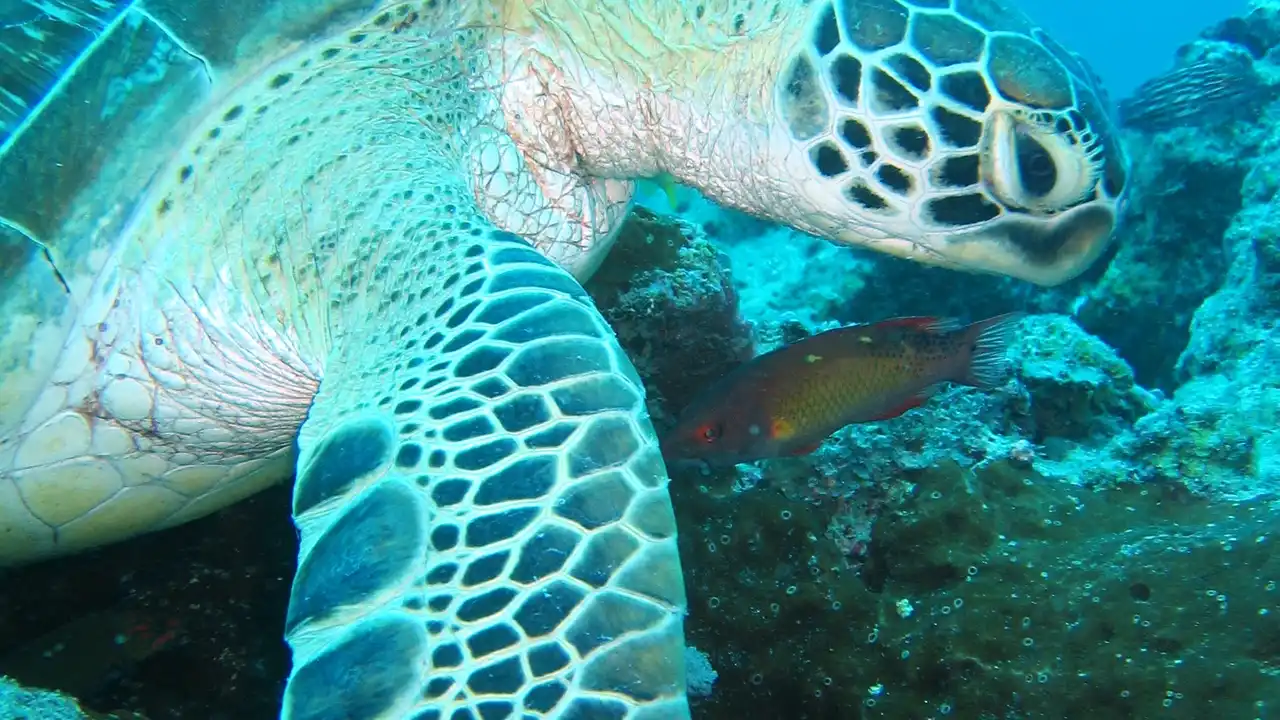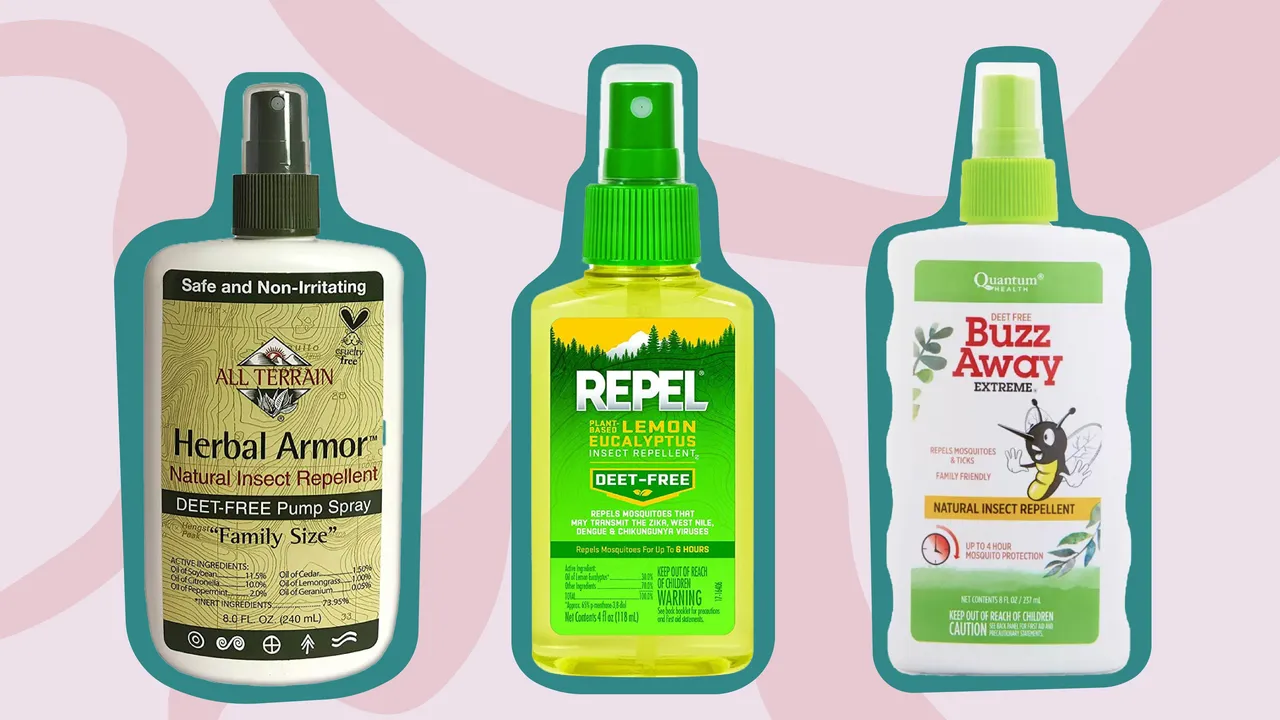Eco-Friendly Diving Snorkeling Spots
Make ethical wildlife tourism choices to support conservation efforts. Learn about responsible wildlife encounters and avoid activities that harm animals. Choose tours that prioritize animal welfare and habitat preservation.

Introduction to Sustainable Diving and Snorkeling Locations
Hey there, fellow ocean lovers! Ready to explore the underwater world without harming our precious marine ecosystems? Diving and snorkeling are incredible ways to connect with nature, but it's crucial to do it responsibly. We're diving (pun intended!) into the best eco-friendly spots and gear to make your next underwater adventure sustainable.
Why Choose Eco-Friendly Diving and Snorkeling?
Our oceans are facing serious threats from pollution, climate change, and irresponsible tourism. Traditional diving and snorkeling can contribute to these problems if not done carefully. Touching coral, disturbing marine life, and using harmful chemicals can damage delicate ecosystems. By choosing eco-friendly options, we can minimize our impact and help preserve these underwater wonders for future generations.
Top Eco-Friendly Diving and Snorkeling Destinations
Raja Ampat, Indonesia: A Biodiversity Hotspot
Raja Ampat, located in West Papua, Indonesia, is known as the \"Amazon of the Seas.\" It boasts the highest marine biodiversity on Earth, with stunning coral reefs and diverse marine life. Many dive operators in Raja Ampat are committed to sustainable practices, such as using mooring buoys to avoid anchor damage and supporting local conservation efforts. Stay at Misool Eco Resort for an exceptional and eco-conscious experience.
Palau: A Pristine Paradise
Palau is a small island nation in Micronesia, renowned for its pristine waters and vibrant coral reefs. The Palauan government has implemented strict environmental regulations to protect its marine environment, including a ban on sunscreen containing harmful chemicals. Explore Jellyfish Lake (now recovering after a decline), dive with manta rays, and support local eco-tourism initiatives.
Cozumel, Mexico: Reef Restoration and Conservation
Cozumel, an island off the coast of Mexico's Yucatan Peninsula, is famous for its vibrant coral reefs and clear waters. Several organizations are actively involved in reef restoration and conservation efforts. Divers can participate in coral planting projects and learn about responsible diving practices. Stay at eco-friendly hotels like Hotel B Cozumel.
The Great Barrier Reef, Australia: Protecting a Natural Wonder
The Great Barrier Reef, the world's largest coral reef system, faces significant challenges from climate change and pollution. Many tour operators are committed to sustainable practices, such as using low-emission vessels and supporting reef research. Choose operators certified by Ecotourism Australia and participate in citizen science projects to help monitor reef health. Consider staying at Lady Elliot Island Eco Resort for a truly immersive and sustainable experience.
Essential Eco-Friendly Diving and Snorkeling Gear
Reef-Safe Sunscreen: Protect Yourself and the Reefs
Traditional sunscreens often contain chemicals like oxybenzone and octinoxate, which can harm coral reefs and marine life. Choose reef-safe sunscreens that are mineral-based and free of these harmful chemicals.
* **Thinksport Sunscreen SPF 50:** A popular choice, offering broad-spectrum protection without harmful chemicals. Price: ~$20 per tube.
* **Badger Balm SPF 30:** Made with organic ingredients and packaged in a recyclable container. Price: ~$18 per tin.
* **Raw Elements Tinted Moisturizer SPF 30:** A tinted option providing sun protection and a natural look. Price: ~$25 per tin.
Eco-Friendly Wetsuits: Sustainable Materials
Traditional wetsuits are often made from neoprene, a petroleum-based material. Look for wetsuits made from eco-friendly alternatives like Yulex (natural rubber) or recycled materials.
* **Patagonia R1 Lite Yulex Wetsuit:** Made from Yulex natural rubber, offering excellent performance and sustainability. Price: ~$300.
* **Fourth Element Xenos Wetsuit:** Constructed from recycled materials, reducing the environmental impact. Price: ~$250.
Reusable Water Bottles and Dive Bags: Reduce Plastic Waste
Bring your own reusable water bottle to avoid single-use plastic bottles. Choose a durable, insulated bottle that can keep your water cold throughout your dive trip. Also, opt for a dive bag made from recycled materials.
* **Hydro Flask Water Bottle:** A durable, insulated water bottle available in various sizes and colors. Price: ~$30-40.
* **Peak Design Everyday Backpack:** Versatile and made from recycled materials, perfect for carrying your dive gear and personal items. Price: ~$300.
Biodegradable Soap and Shampoo: Minimize Chemical Impact
Use biodegradable soap and shampoo to avoid polluting the water with harmful chemicals. Look for products that are free of parabens, sulfates, and other synthetic ingredients.
* **Sea to Summit Wilderness Wash:** A concentrated, biodegradable soap that can be used for washing dishes, clothes, and yourself. Price: ~$10 per bottle.
* **Dr. Bronner's Pure-Castile Liquid Soap:** A versatile, organic soap that can be used for various purposes. Price: ~$15 per bottle.
Responsible Diving and Snorkeling Practices
Maintain Buoyancy: Avoid Touching Coral
Proper buoyancy control is essential for protecting coral reefs. Practice maintaining neutral buoyancy to avoid touching or kicking coral. Take a buoyancy control course to improve your skills.
Respect Marine Life: Observe from a Distance
Observe marine life from a distance and avoid touching or feeding animals. Do not disturb their natural behavior or habitat. Be mindful of nesting sites and avoid approaching marine mammals.
Choose Sustainable Tour Operators: Support Responsible Businesses
Select dive and snorkel operators that are committed to sustainable practices. Look for operators that have certifications from organizations like Green Fins or PADI Green Star Award. Support businesses that prioritize environmental protection and community involvement.
Avoid Single-Use Plastics: Reduce Waste
Bring your own reusable water bottle, dive bag, and snacks to avoid single-use plastics. Dispose of trash properly and participate in beach cleanups to help reduce plastic pollution.
Report Damage: Be a Steward of the Reef
If you notice any damage to coral reefs or signs of irresponsible behavior, report it to the appropriate authorities. Be a responsible steward of the reef and help protect these precious ecosystems.
Comparing Eco-Friendly Snorkeling Gear Options
Let's take a closer look at some specific product comparisons to help you make the best choices for your sustainable snorkeling adventures. Remember, prices are approximate and may vary.
Reef-Safe Sunscreen Comparison
| Product | SPF | Ingredients | Price (Approx.) | Pros | Cons |
|---|---|---|---|---|---|
| Thinksport Sunscreen SPF 50 | 50 | Zinc Oxide | $20 | Broad-spectrum, water-resistant | Can leave a white cast |
| Badger Balm SPF 30 | 30 | Zinc Oxide | $18 | Organic ingredients, recyclable packaging | Lower SPF, can be oily |
| Raw Elements Tinted Moisturizer SPF 30 | 30 | Zinc Oxide | $25 | Tinted, moisturizing | May not be suitable for all skin tones |
Reusable Water Bottle Comparison
| Product | Material | Capacity | Price (Approx.) | Pros | Cons |
|---|---|---|---|---|---|
| Hydro Flask | Stainless Steel | 18 oz, 24 oz, 32 oz | $30-40 | Durable, insulated, various sizes | Can be heavy |
| Nalgene | Tritan Plastic (BPA-Free) | 32 oz | $15-20 | Lightweight, durable, wide mouth | Not insulated |
| Klean Kanteen | Stainless Steel | 18 oz, 27 oz | $25-35 | Durable, insulated, various sizes | Can be dented |
Snorkeling and Diving Etiquette for a Sustainable Experience
Beyond just gear, how you conduct yourself while diving or snorkeling is paramount. Always adhere to local guidelines and regulations. Never touch coral, even if it appears lifeless. Coral is extremely fragile and even a light touch can damage or kill it. Be mindful of your fins and avoid stirring up sediment, which can smother coral and reduce water clarity.
When observing marine life, maintain a respectful distance. Avoid chasing or harassing animals. Never feed fish or other marine creatures, as this can disrupt their natural feeding patterns and ecosystem balance. Be aware of your surroundings and avoid entering sensitive areas, such as nesting sites or marine protected zones.
Support local communities by purchasing souvenirs and services from local businesses. Choose eco-friendly accommodations and restaurants that prioritize sustainability. By supporting local economies, you can help ensure that tourism benefits both the environment and the community.
Remember, every action counts. By making conscious choices and adopting responsible practices, we can all contribute to protecting our oceans and ensuring a sustainable future for diving and snorkeling.
:max_bytes(150000):strip_icc()/277019-baked-pork-chops-with-cream-of-mushroom-soup-DDMFS-beauty-4x3-BG-7505-5762b731cf30447d9cbbbbbf387beafa.jpg)






